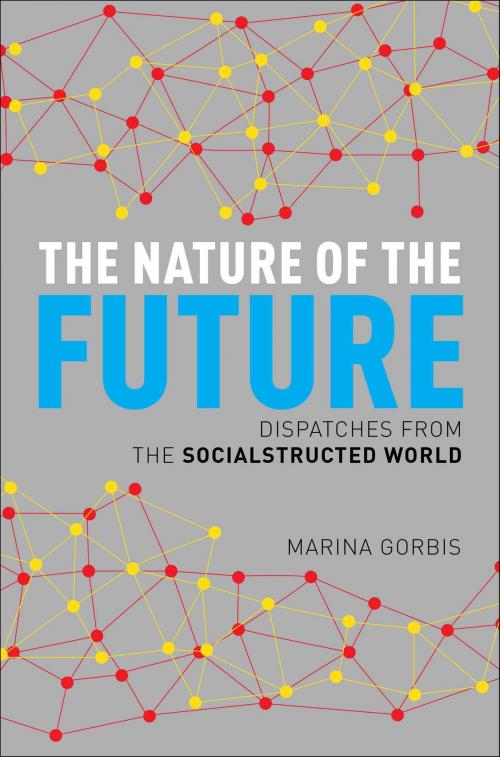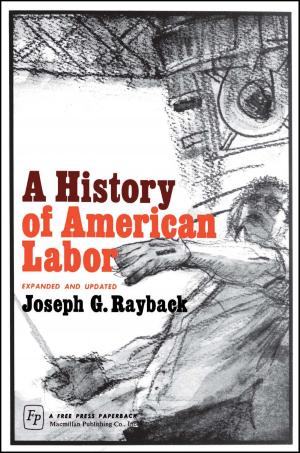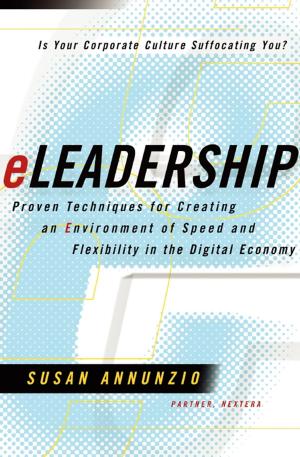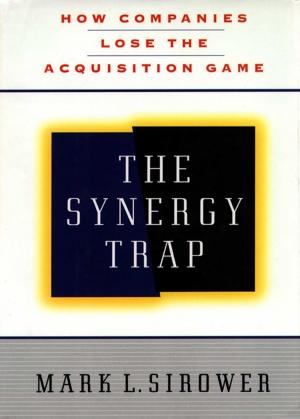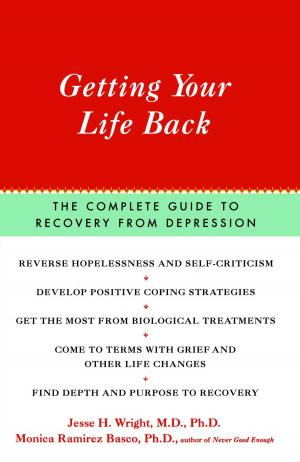The Nature of the Future
Dispatches from the Socialstructed World
Nonfiction, Computers, Internet, Electronic Commerce, Business & Finance| Author: | Marina Gorbis | ISBN: | 9781451641202 |
| Publisher: | Free Press | Publication: | April 9, 2013 |
| Imprint: | Free Press | Language: | English |
| Author: | Marina Gorbis |
| ISBN: | 9781451641202 |
| Publisher: | Free Press |
| Publication: | April 9, 2013 |
| Imprint: | Free Press |
| Language: | English |
A renowned futurist offers a vision of a reinvented world.
Large corporations, big governments, and other centralized organizations have long determined and dominated the way we work, access healthcare, get an education, feed ourselves, and generally go about our lives. The economist Ronald Coase, in his famous 1937 paper “The Nature of the Firm,” provided an economic explanation for this: Organizations lowered transaction costs, making the provision of goods and services cheap, efficient, and reliable. Today, this organizational advantage is rapidly disappearing. The Internet is lowering transaction costs—costs of connection, coordination, and trade—and pointing to a future that increasingly favors distributed sources and social solutions to some of our most immediate needs and our most intractable problems.
As Silicon Valley thought-leader Marina Gorbis, head of the Institute for the Future, portrays, a thriving new relationship-driven or socialstructed economy is emerging in which individuals are harnessing the powers of new technologies to join together and provide an array of products and services. Examples of this changing economy range from BioCurious, a members-run and free-to-use bio lab, to the peer-to-peer lending platform Lending Club, to the remarkable Khan Academy, a free online-teaching service. These engaged and innovative pioneers are filling gaps and doing the seemingly impossible by reinventing business, education, medicine, banking, government, and even scientific research. Based on extensive research into current trends, she travels to a socialstructed future and depicts an exciting vision of tomorrow.
A renowned futurist offers a vision of a reinvented world.
Large corporations, big governments, and other centralized organizations have long determined and dominated the way we work, access healthcare, get an education, feed ourselves, and generally go about our lives. The economist Ronald Coase, in his famous 1937 paper “The Nature of the Firm,” provided an economic explanation for this: Organizations lowered transaction costs, making the provision of goods and services cheap, efficient, and reliable. Today, this organizational advantage is rapidly disappearing. The Internet is lowering transaction costs—costs of connection, coordination, and trade—and pointing to a future that increasingly favors distributed sources and social solutions to some of our most immediate needs and our most intractable problems.
As Silicon Valley thought-leader Marina Gorbis, head of the Institute for the Future, portrays, a thriving new relationship-driven or socialstructed economy is emerging in which individuals are harnessing the powers of new technologies to join together and provide an array of products and services. Examples of this changing economy range from BioCurious, a members-run and free-to-use bio lab, to the peer-to-peer lending platform Lending Club, to the remarkable Khan Academy, a free online-teaching service. These engaged and innovative pioneers are filling gaps and doing the seemingly impossible by reinventing business, education, medicine, banking, government, and even scientific research. Based on extensive research into current trends, she travels to a socialstructed future and depicts an exciting vision of tomorrow.
